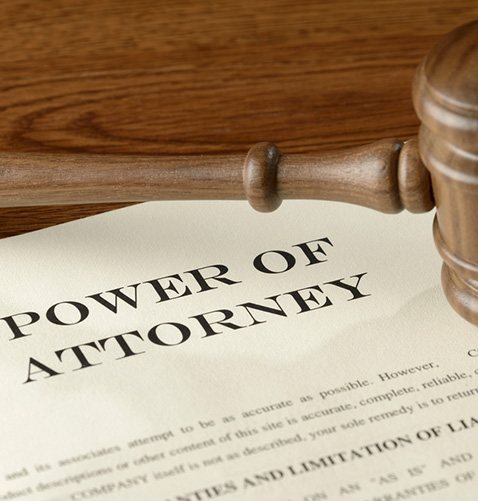There may be times in our lives when we are unable to conduct our affairs and we may need someone else to make important financial, health and other decisions on our behalf. This can occur as a result of physical or mental illness or being out of the country for extended periods.
A Powers Of Attorney is a legally binding document that allows you to transfer specific power and authority to a trusted person so that they can oversee your cases. In legal terms, you are referred to as ‘chief’ and the person you nominate as your representative is referred to as your ‘agent’. ‘
Regardless of the type of Powers Of Attorney you use, it is important to think carefully about who your agent will be. This person will have a lot of control over your finances, so it is important that you trust them completely.
There are three main types of Powers Of Attorney: a general power of attorney, an enduring power of attorney (financial and / or personal) and a permanent power of attorney (medical).
A General Powers Of Attorney
This document is comprehensive and gives your agent all the powers and rights that you hold for yourself. For example, a general power of attorney can give your agent the power to sign documents for you, pay your bills, and conduct financial transactions on your behalf. A general power of attorney ends at your death or when you are unable to make a decision unless you revoke it first.
Enduring Powers Of Attorney
Enduring power of attorney for financial or personal issues allows your agent to decide on your behalf even after your mental capacity fails. Older people often hold such power that they develop dementia or some other condition in the future, causing them to be unable to manage their own affairs. If you decide to sign this power to your agent, it is important that you fully understand what is involved and what the implications are.

Enduring Powers Of Attorney (Medical)
This is where you appoint your agent to make medical treatment decisions, such as agreeing to medication or surgery. Being patient means this (when you have reached that point) when you are unable to make this type of decision for yourself.
How Do I Create A Legally Binding Powers Of Attorney?
Once you decide to give the Powers Of Attorney to someone else, you will need to prepare and witness the appropriate legal form. There are many templates available online which you can download and just fill the related details. However, if your circumstances and needs are relatively complex, it may be worth talking to your lawyer and asking them to draft a document specifically for you.
Can I Revoke The Powers Of Attorney? How?
You are within your rights to revoke the powers of your agent at any time, for any reason, provided you have the ability to do so. A revocation of a Powers Of Attorney is a legal document used to revoke an existing power. Templates are easily available online or you can ask your lawyer to draw one up. You will need to sign this document in the presence of two adult witnesses and in the case of the Enduring Power of Attorney (Medical), one of the witnesses must be a doctor. Once your agent receives this document from you, their powers effectively end.









